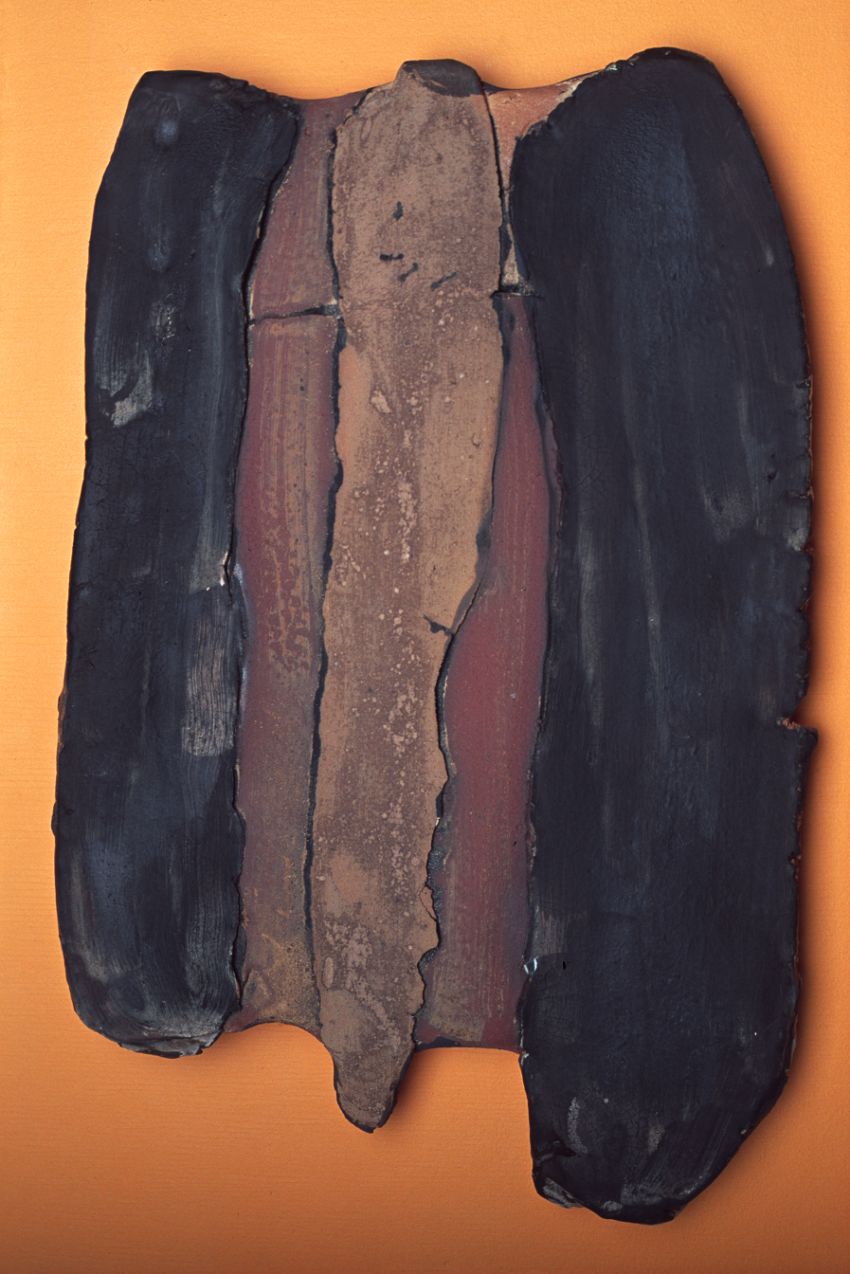So, as you may gather, I am still trying to figure out how to pose a question, which I find to be one of the more important questions in understanding how human beings function in daily life. I pose this question in the context of a potter’s creative act of making a pot: wedging clay and making balls, whacking it onto the wheel head and shaping its plasticity with her hands, finishing, and trimming it, drying and bisqueing it, glazing and firing it under the appropriate conditions.
Early on, the potter who makes a variety of things, often by habit and certainly by practice, had entered the studio with making pots on their mind. How comprehensive is this ‘on their mind’ context within which they work? They call to mind and direct their focus to the imagination and the inner grasping of ephemeral hints about pots, shapes, colours and processes and more.
Earlier in the process than the physical making, is the habit as an outgrowth from determination in practice. Surely, the potter had a notion and an image, a feeling, an idea, compulsion, or an inner mission, inclination, and plan to do these things. Her senses, feelings, hints, inclinations, and sensibilities which are part of the early process in the making of any given object by the human hand.
We are told that these inner feelings, senses, images, intimations, impulses, creative, and inspirations, are generated by complex neurological activity. I would not say this is false. I would say, however, that it is profoundly inadequate as an account of human intentional and operational creativity. If I try to justify these words as explanations, authentic words that are not insulting, escape me.
Whoa, whoa, hold on just a minute! How could it be that something like a scientific account of the inner inspiration and creative vision of an artist is described in language which is insulting to the original pattern of behaviour? That is to say, there is no ‘self’ and there is no ‘will’.
It is easy, because it is true, that the scientific account is so mind-bogglingly inadequate I’m tempted to remain mute. It reminds me of the admonition that given to young people: if you have nothing good to say about something you should remain silent. That is to say, if you have nothing clearly intelligible to say, do not speak on this topic.
On the one hand, we are told there is no self and on the other hand we are told there is no will. As if, in the complex acts of creating stuff, potters and artists genuinely wondered about the ‘self’ in this creating. Humans create on a regular basis. Not only in art but also in technology, science, adventure, love, accepting challenges, developing innovative ideas and the plethora of human undertakings.
Of course, everything is limited — finitude is finitude. Finitude is not nothing.
Shallow objectivity in public discourse reveals a lostness of deeper humanity and a surrendering to tools of measurement which we ourselves have created.What do we learn from accounts of creativity and purposeful making when the accounts distance themselves from lived experience?

